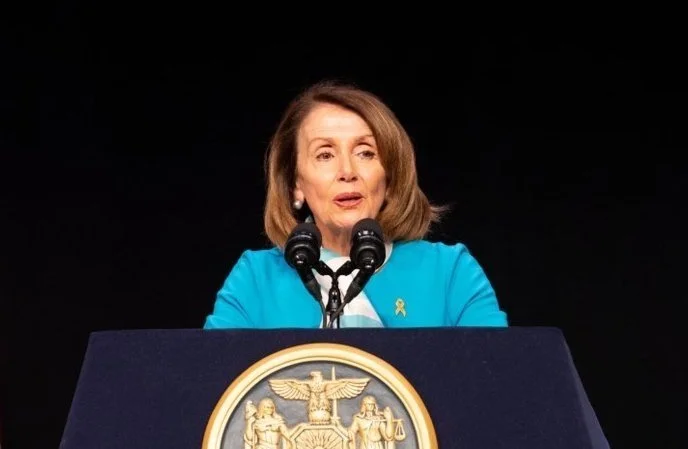Are Our Political Leaders Too Old?
By Karen and Erica
Our President is 79. The Speaker of the House is 82. The median age of the Senate is almost 63.
Are our leaders just too old?
That seems to be a growing refrain, see here and here, stimulated by the last Presidential election, when many prominent candidates were over 65, and by the ages of many of those currently in office. And the population of the country is certainly aging. There is not much to be done about demographics, of course, but is age the real issue?
As anyone who reads Lustre is well aware, we have nothing but admiration for the abilities of those over 65—including ourselves. And many of our older leaders are properly classified as superagers. Still, we think there is something important being said. It’s just not really about age, per se.
A key underpinning of the out-with-the-old thinking is the assumption that cognitive ability starts to decline at 70. We think this is assumption is no longer valid, if it ever was. Of course, it can happen, and there are those in Congress who apparently do suffer from cognitive issues. But it it true across the board? Many of our current crop of over-65 politicians demonstrate plenty of vitality—whether we agree or not with how they are using that vitality. And some might make the case that you can be cognitively challenged even when you are quite young. We won’t name names—but we could.
So we decline to go along with the idea that 65 or 70 is a necessary stopping point.
We are also very wary of any assumption that the ability to change one’s thinking stops at any particular age. All of us can keep learning as we grow older. Nor do we think reference to older Soviet leaders is illuminating. 70 today in the U.S. is very different from 70 in the USSR fifty years ago. Just as a point of reference, people in every walk of life—sportspeople, scientists, academics— are performing optimally until they are much older than might have been true fifty years ago, as this recent article in The Atlantic pointed out.
The counterpoint to the cognitive ability point—the claim that wisdom and maturity are useful qualities—is true, but also off base. Naturally, we agree with it, though we know, as do younger people, that age is not a guarantee of either. While age may be required for the development of wisdom, it is not enough, as we have seen many many times through history.
What do we think? We think age is not the issue. The issue is that we need to see more younger people on the political stage. As in other projects, we think an intergenerational approach would work best. It is critical to have all generational viewpoints represented in government, and, indeed, for people to see all generations represented. Just as one exampie, some of our younger friends have observed that Ukrainian President Zelensky is a thrilling political figure because of his youth and vitality and bravery. He excites them. They want to see people like him in office.
Younger people do belong in office, so more of them will have to get more politically active. They will have to understand that the government they want will not magically appear, they have to go get it—by running, or voting and otherwise promoting the candidates and the policies they want. Of course, older people will have to help—to welcome younger people, to pass along what we know, and to be prepared for the younger ones to step into the limelight. If that were an agreed bipartisan goal of currently serving politicians, things might change.
So, no, our political leaders are not too old, or too young. Setting up divisions based on age is not productive. Instead, let’s invite everyone in, and recognize that people are more likely to sign on to the American political experiment if they can see someone like themselves in a position of power.
With everyone in the mix, we will build a better world.
What do you think?

